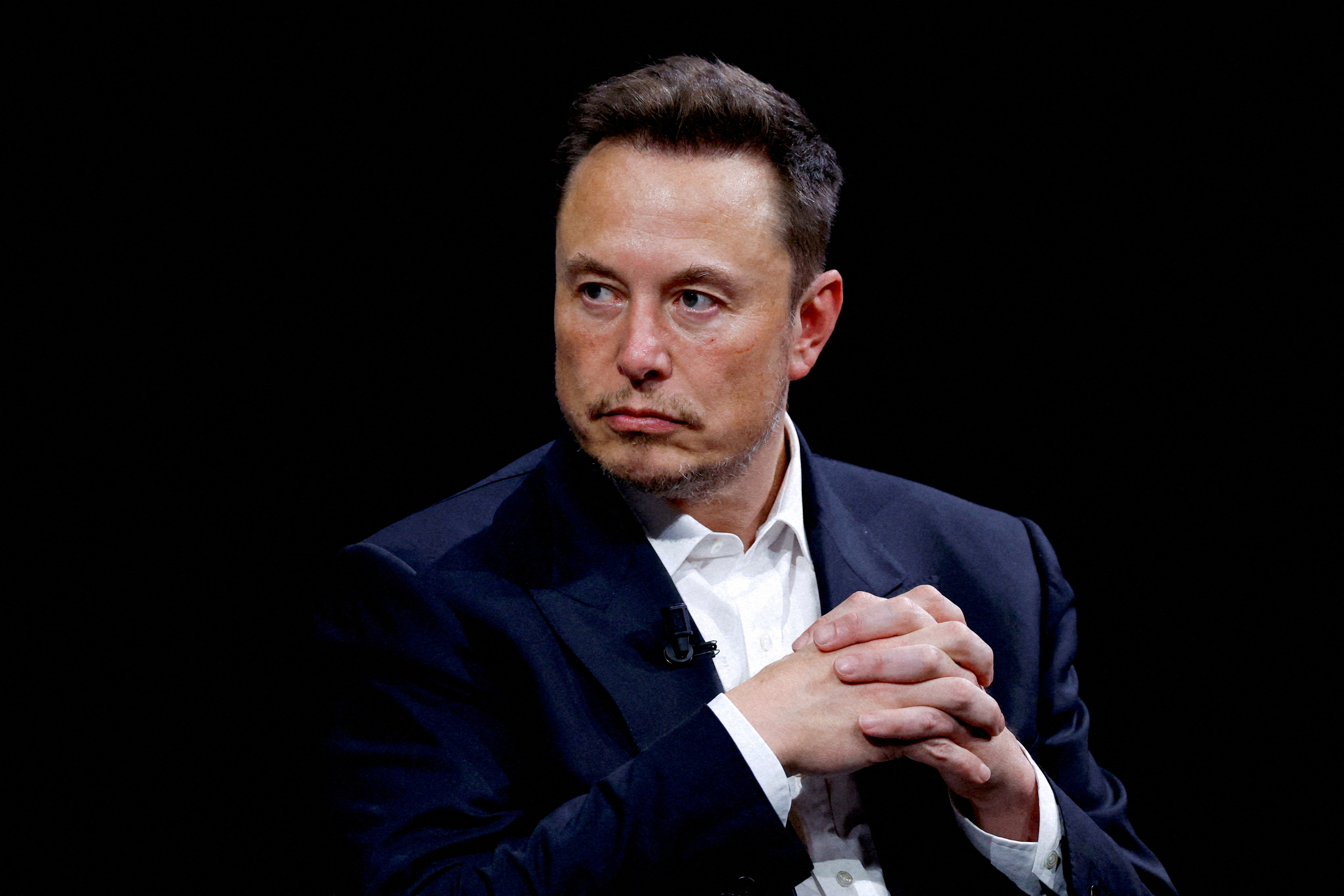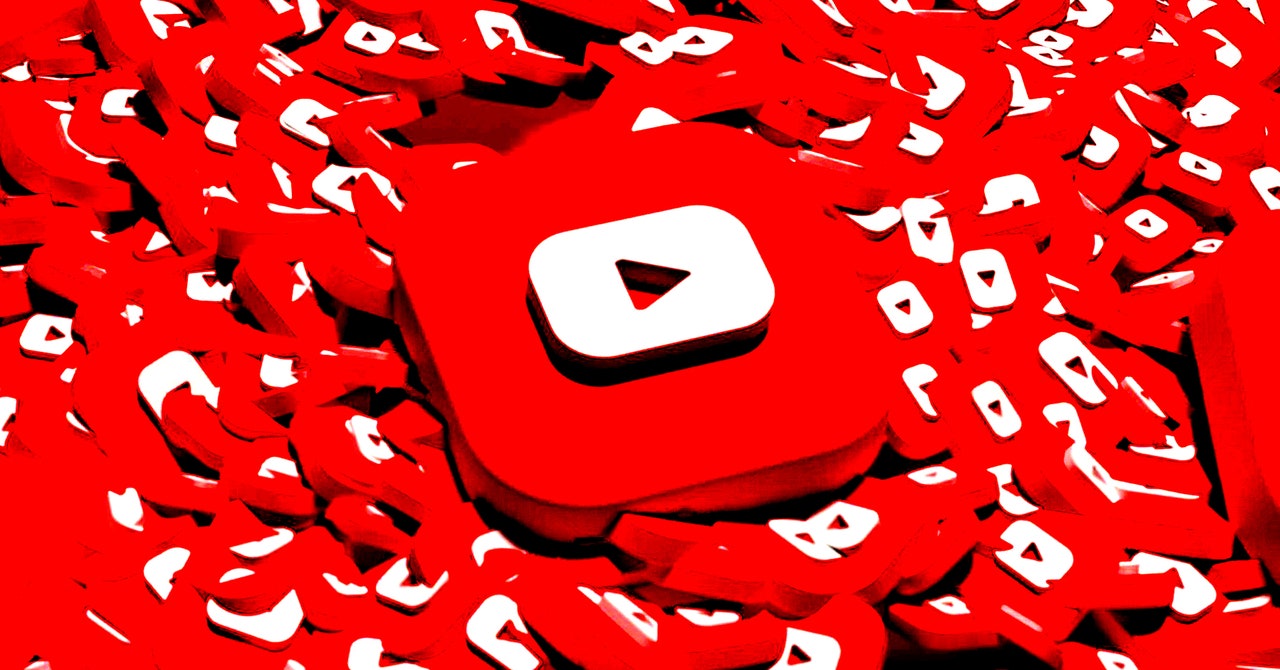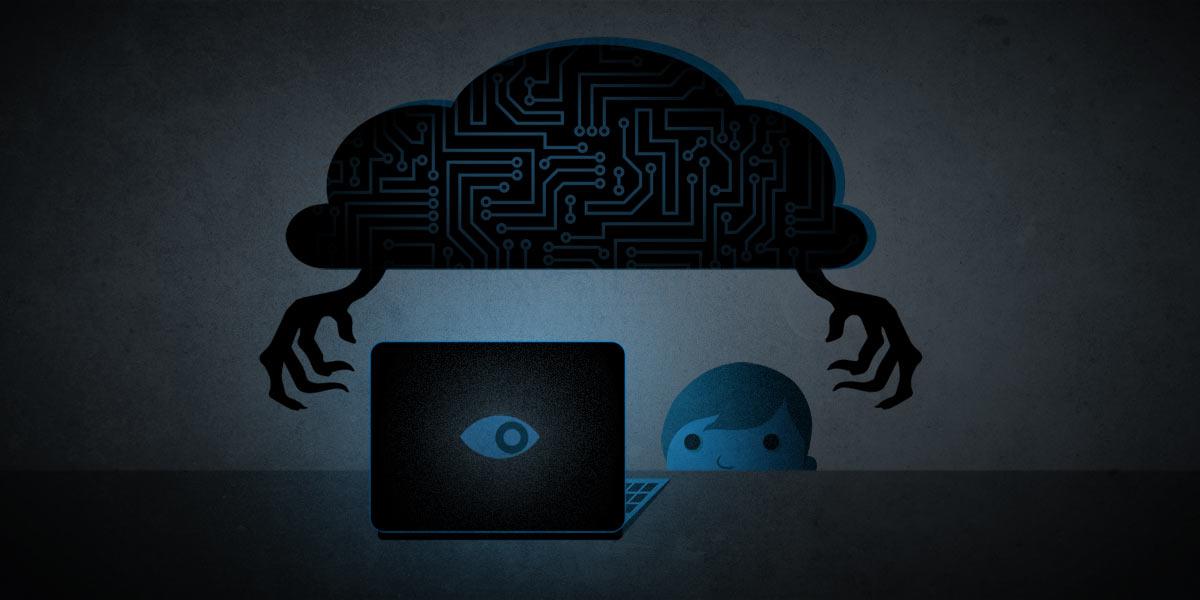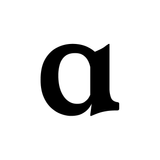Why should you have a website?
Which is why I say: If you are a creative individual of any type, you need a website. Here's why.

Weft to your own devices
Welcome back friends. Let me spin you another yarn. As mentioned in Tuesday's post, the newsletter is taking on a new format. Tuesday is Warp day, Thursday (today) is Weft day. Warps = current events, news of the week. Wefts = vibey meditations on larger scale ideas. Fridays I'll send out a Weekend Reading post.
You may be wondering what's with all the textile vernacular? Why is the newsletter called Arachne, the name of the mythological weaver who was turned into a spider? What does any of this have to do with the internet?
Without getting too self obsessive, it's because the textile and the tech industries are more connected than it might appear. Early mechanizations of textile manufacturing, from the spinning jenny to the sewing machine itself, are progenitors of the computer revolution. The Jacquard Loom, for example, was an early 19th century device that used punch cards to execute complex woven patterns.
In the mythological story of Arachne, Arachne is an incredible seamstress and weaver who challenges the goddess Athena to a weave off. Arachne's tapestry is so flawless, so beautiful that Athena pops off and beats Arachne with her own shuttle. There's other details but the story is about hubris and becoming too boastful in the face of the gods yada yada. I hope not to become too boastful in the face of the gods.
Additionally, I wanted to honor the early 20th century Jewish immigrants to the United States for whom the textile industry offered a means of economic advancement. Just like the tech industries, the textile industry is, to this day, built off of the backs of underpaid and exploited labor across the globe. I hope to honor this ancestral memory by speaking truth to today's reality.
Let's get into today's post.
Why should you have a website?
Over the last few weeks, I have been reinvesting my time in helping friends and family with their websites.
It's important that I say here that the extent of my curent capability building or maintaining a site is all done through low- and no-code platforms like Squarespace. I do not have the full stack developer skills required to really go all the way. But I do have an eye for design, a pretty solid understanding of how websites actually function, and the general trends of the overall online experience.
Which is why I say: If you are a creative individual of any type, you need a website. Here's why.
Your Audience
In October of 2022, Elon Musk bought Twitter for $44 billion. Prior to this acquisition, Twitter was a publicly traded company run by a board of directors, a CEO, and multiple C-Suite level executives covering legal, operations, and more. Because of the nature of this organizational structure, Twitter had a litany of stakeholders to contend with in order to operate. For example, because most of its revenue was derived from advertising, Twitter needed to maintain positive relationships with large brands and make Twitter a somewhat chill place for users to scroll on and tweeters to tweet on. Because it was publicly owned, Twitter was beholden to shareholders who had a literal vested interest in the success of the platform. Thus this little business loop is formed: Twitter needs to keep its advertisers happy so that it can keep its shareholders happy and along the way keep its users happy.
Then Elon Musk bought the platform, disbanded basically all of the existing organizational structure, and made the company private. Now it's incentive structure is all fakakta. Instead of keeping a bunch of people happy, Twitter's whole operation exists in service of Elon Musk. And as has become evident, he doesn't seem all that motivated by money. He has made Twitter a more hostile place, both passively allowing misinformation to spread and actively swimming in the kind of anti-semitic, bro-fascist, edge-racist bullshit that makes it past the post over there now.

If you're a creative worker - you are a writer of funny tweets, you use Twitter to share your fan art, you breakdown baseball plays in a clever way - you now have a difficult problem. Do I dig my heels in on this platform? My audience is here, but I can already see them leaving this place. I spend hours here every day. How can I amass this follower account somewhere else?
What Twitter's long and drawn out death demonstrates is that we cannot trust these individual companies or entities with the audiences we work to build. As the internet decentralizes from these outlets, with new places like Bluesky or Mastodon cropping up, creative workers need to be able to gain, retain, and grow their audience on their own terms.
Having a basic website does not immediately solve for this problem, but it does help. Building up a list of your contacts, your audience members, or your fans is integral in industries so dependent on network effects. By having your own website and deploying newsletter, microblogging, or member area functionality you can begin to take ownership over your little corner of the world.
Your Work
Generally speaking, every single thing you put online becomes accessible data for major web indexing companies like Google, AI behemoths like OpenAI, and social networking companies like Meta. This is true even if you use your own website, as the very fact that your site may be reachable via a Google search demonstrates that Google itself has seen and scraped a little bit of your site.
But in the context of the creative industries it is important to consider the ramifications of sharing your work on social.

If you have posted an image on Instagram, if you have made a YouTube video, if you have tweeted a tweet, it can be said with pretty good certainty that your work has been used by some mechanism to train artificial intelligence. Here, for example, is all Instagram has to say about artificial intelligence in its terms of service:
The Instagram Service
We agree to provide you with the Instagram Service. The Service includes all of the Instagram products, features, applications, services, technologies, and software that we provide to advance Instagram's mission: To bring you closer to the people and things you love. The Service is made up of the following aspects:
yada yada, et cetera et cetera, that was just for context
Developing and using technologies that help us consistently serve our growing community.
Organizing and analyzing information for our growing community is central to our Service. A big part of our Service is creating and using cutting-edge technologies that help us personalize, protect, and improve our Service on an incredibly large scale for a broad global community. Technologies like artificial intelligence and machine learning give us the power to apply complex processes across our Service. Automated technologies also help us ensure the functionality and integrity of our Service.
While this does not explicitly state that "Instagram is using the content you provide it to develop Meta's AI," we know that AI requires massive troves of data to function adequately. And we know that Meta has multiple machinations via which we users just readily hand the data over.
Even beyond AI training, many social media companies have explicit clauses in their terms of service that allow them to essentially do whatever they want with your work. Here is an excerpt from the TikTok terms of service:
You acknowledge and agree that we may generate revenues, increase goodwill or otherwise increase our value from your use of the Services, including, by way of example and not limitation, through the sale of advertising, sponsorships, promotions, usage data and Gifts (defined below), and except as specifically permitted by us in these Terms or in another agreement you enter into with us, you will have no right to share in any such revenue, goodwill or value whatsoever.
In other words: "If you make a killer TikTok because you are a talented and capable individual with a varied skillset that clearly appeals to audiences and we use that video in a commercial for our app, not only do we not have to pay you, we don't even have to tell you."
For far too long the boastful gods of YouTube, TikTok, Facebook, Instagram, and Twitter have profited off of free labor. These platforms would be functionally useless without the work of the artists who make them valuable, work that has generally been offered for free for years with a false promise of "exposure."
Your Identity
The internet is slowly becoming less anonymous, not more.

Recently, with the passing of Kids Online Safety Act, or KOSA, there has been a dramatic uptick in software that wants to use private information, government data, and even facial recognition to verify the age of users for different online services.
I will probably cover at length why this is very, very bad, but for the sake of the "why you need a website" thesis let's just talk about your identity online.
Identity, in modern parlance, often includes more than just a few demographic details about a person. It is not atypical, for example, for bio sections on different social media apps to have a metadata field for pronouns, not to mention the voluntary ways people express sexual identity, ethnic identity, or national identity in their bios.
As more and more companies vie for the specific data that identifies you as you, it may be useful to have one place where you are in control of what information you choose to voluntarily share with the world.
There is a counterargument here that this battle is already lost, that the companies already have everything they could possibly need from you, that having your own little corner of the internet would not make a difference. But this is a defeatist and nihilist point of view, and one that numbs you from being an active citizen in our modern democracy. Illegitimi non carborundum, as they say.
But does any of this really matter?
It is the current reality that artists need the platforms that I have spent a thousand words criticizing. In lieu of public arts investment, in an economy that ritualistically devalues creative labor, one of the only routes from being someone who makes things in your bedroom to someone who makes things on television is by amassing an audience on TikTok, or YouTube, or Twitter. This reality is not going away any time soon, but we are already seeing the beginning of a new future.
Platforms like OnlyFans, Patreon, and Substack offer creative workers a path to build audiences and monetize their work. These platforms exist as a reaction to the extractive model that the social media companies have functioned on for a whole generation.
Having your own corner of the internet will not function as a replacement for all of these services, but could supplement the work you do in powerful ways, offering you ownership, direct communication with your audience, and control over your identity. The world we seek to build will not be here tomorrow, but slowly we can bend toward it.
Thanks for reading
That's all for today's post. Thanks so much for reading.







